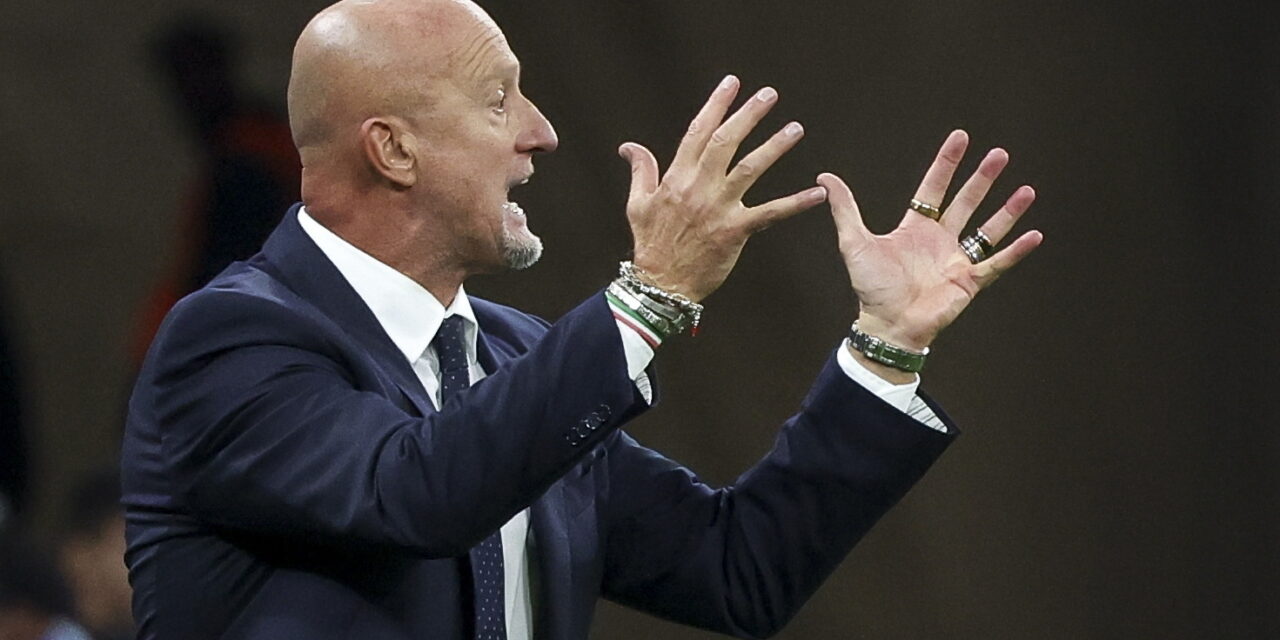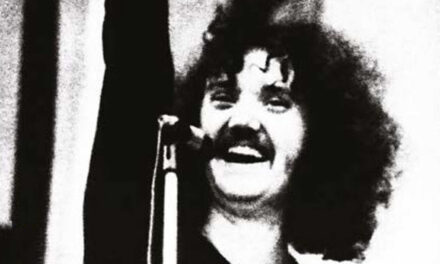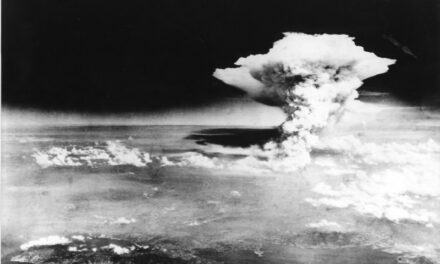Too many and too drastic changes have taken place in a short period of time in the previously immensely popular competition series of the European Football Association (UEFA), the Champions League, and in its Hungarian broadcast, Nemzeti Sport announced on its website.
The most recent development - which greatly upsets the fans - is that the number one domestic rights owner RTL unexpectedly announced last Friday: from the second round onwards, it will no longer broadcast matches on television at all (in the first round you could still watch Milan on the RTL Három channel –Liverpool match), exclusively on the interface of the paid streaming service provider, RTL+.
All this indicates panic and haste,
because at the channel's press conference in July, they promised with great confidence that one of the Tuesday matches in each round would be broadcast on RTL Hárm, while the semi-finals and the final would be broadcast on RTL Klub.
They have already broken their first promise, and the semi-finals may also fall victim. (M4 Sport broadcasts El and Konferencialiga matches free of charge for everyone.)
During the first BL round, which took place between September 17 and 19, many people were scratching their heads as to where they could find their favorite team's match, and many only realized that they had to pay extra for this, whereas previously on the M4 Sport public service channel, a subscription fee and they could see the clashes without extra technical equipment.
Some people started getting to know the phenomenon of the streaming service at that time, since they did not use such a thing in addition to their TV subscription. The problem for many was that the Internet broadcast cannot be shared on devices of certain TV brands (for example, not even on Samsung), so even if they subscribe, they cannot enjoy the matches on the big screen.
In addition, it is in vain that Hungarian world star Dominik Szoboszlai, the Liverpool forward, is a role model for thousands of Hungarian children in the series, if his matches are also exiled to a paid internet site in this concept.
Based on the viewership data, among the entire population, their BL broadcast on RTL Három channel was only the 28th most watched TV program that week, with 180,599 viewers. It's a Formula 1 time trial, but it was even preceded by RTL's own program, Kabát FC.
Presumably, far fewer people than expected subscribed to RTL+ because of BL, even though a promotion was also announced, the monthly fee is HUF 2,990, but for eight times that, the price of 8 months (HUF 23,920), you can get access for a whole year, 12 months (let's see, a little the eight-month discount is deceptive, since the season of the BL main table is about eight and a half months anyway).
It is telling that RTL did not provide data on how many new subscribers it gained, it only revealed that RTL+ achieved an additional 66,000 streamed hours, which, if calculated by watching one two-hour match each on the three game days, means approximately 11,000 new subscribers. Based on our information, this is only about five (!) percent of what was planned.
RTL failed in the business. One wonders why this is happening. According to some opinions, it was because the channel was at a spectacular disadvantage compared to the rival TV2 group.
The communication that they do not say the number of subscribers suggests that the managers of the channel have accounted for themselves. It's true, seeing the leaked three-year royalty estimated at HUF 12-13 billion, the investment didn't seem like a commercially rational decision for a minute, rather prestige or political considerations can be guessed behind it (but why it is necessary to enrage football fans at the same time is a mystery) .
For the time being, the amount paid by new subscribers, which is perhaps ten thousand, even if, say, fifty percent of them paid in advance for the whole year, barely reaches HUF one hundred and fifty million, that is, a fraction of the amount spent on royalties, three percent.
The changes apparently involve a drop in quality. When the RTL group announced that they would own the rights in 2023, they promised a completely new studio and the most modern studio technology, but instead the program is produced in the old studio of RTL news. This is also a sign that they are now saving where possible - wrote hirado.hu .
Cover image: Photo: MTI/Tibor Illyés













